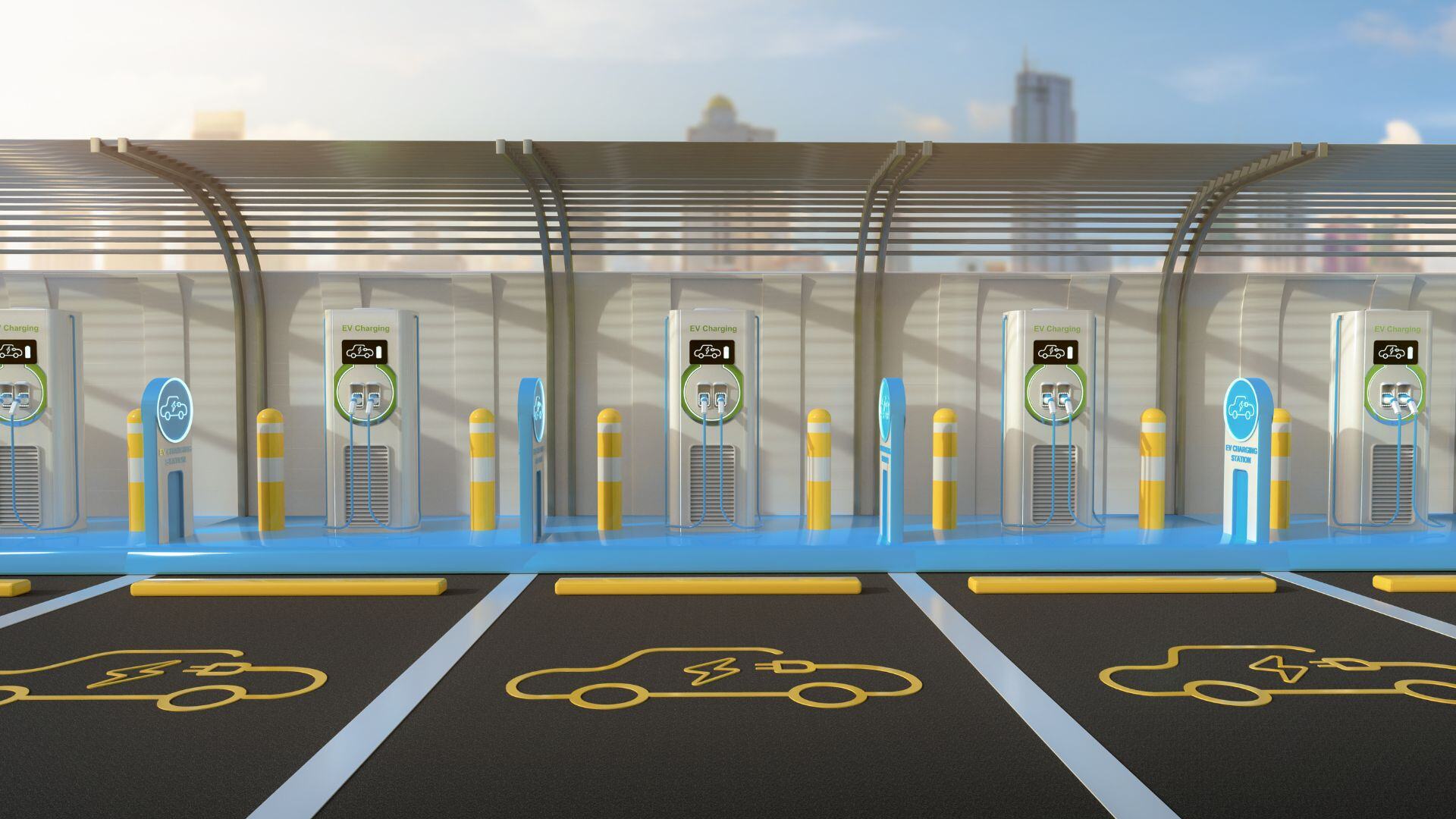The State of Electric Vehicles in 2024
Certified Content Writer at Big Valley Auto Auction. Victor likes to mix storytelling and humor into his articles.
There’s a term used in relationships called the “honeymoon phase”, which is the early stages of a relationship when everything feels happy and positive. Once reality starts to settle in, the honeymoon phase is over. That seems to be the current state of electric vehicles.
Are Electric Vehicles Less Popular in 2024?
It wasn’t too long ago that electric vehicles were all the rage. The thought of saving money on fuel, longer car life expectancy, and protecting the environment made people feel like they were saving the planet. But like I mentioned earlier, it looks like the good times are getting tough.
Automotive Cells Company (ACC) Chief Executive Officer Yann Vincent said that demand for EVs has slowed in Europe. ACC, a European auto battery manufacturer co-owned by Stellantis, Mercedes-Benz, and TotalEnergies, paused work on 2 electric vehicle battery factories in Europe. ACC planned on building 3 battery factories in Europe, however, only 1 has actually been built. The status of the other 2 is unsure, now that EV sales are performing less than expected.
KPMG, a professional audit firm, recently conducted a survey asking 1,100 adults across the United States if they would pick a gas-powered car or hybrid over an electric vehicle. Here were the results:
- 21% prefer an EV over a gas-powered or hybrid vehicle.
- 38% prefer a gas-powered car.
- 34% prefer a hybrid car.
Surprisingly, EV popularity has also dropped from members of Gen Y and Gen Z, which are the 2 youngest age groups that were more open to the idea of electric vehicles. (When the youngsters move on from a trend, you know it’s out-of-date.)
How Are Electric Vehicle Sales in 2024?
According to Goldman Sachs, an investment banking company, “Sales momentum for electric vehicles is slowing globally, and hybrids and plug-in hybrids are proving more competitive than first thought.”
Kelley Blue Book’s Electric Vehicle Sales Report shows that sales in the United States for Tesla, the world’s largest EV manufacturer, dropped from 161,630 in Q1 2023 to 140,187 in Q1 2024. This is a decrease of 13.3% in sales.
While there’s no guarantee EV sales are going to stay low, based on current information, it doesn’t look like the second half of 2024 will see an increase in sales.
What’s Causing the Decrease in Electric Vehicle Sales?
Just like arguments and real-life issues can end the honeymoon phase of a relationship, there are factors that have negatively affected an electric vehicle’s value. Here are the 3 major causes for the decrease in sales for EVs:
- Charging station shortage
- Charging time
- Depreciation
Charging Station Shortage
In past years, the most common fear among EV shoppers was “range anxiety”, which is the fear of an electric vehicle losing energy before reaching its destination. However, range anxiety has decreased, and another fear has taken over: lack of available EV chargers.
According to the J.D. Power 2024 U.S. Electric Vehicle Consideration Study, 52% of participants in the survey said a lack of charging station availability is their main reason for rejection.
Here Technologies, which provides navigation mapping software for automakers and collects real-time data from EV chargers, stated that more than 4,500 chargers were out over a single week period in late 2023.
Charging Time
There’s a saying that goes, “Patience is a virtue.” This means that being able to wait for something without getting frustrated is a good trait. However, not all EV owners can relate. In a survey by McKinsey & Company, 42% of the participants said that charging speed is their most important consideration. Over 60% want charging times of 30 minutes or less. (The average charging time of an electric vehicle ranges from 30 minutes to over 12 hours, so some people might have to lower their standards.)
Charging time can also be affected by Wi-Fi or network connectivity. Home EV charging stations require Wi-Fi or 4G network connectivity, so if your Wi-Fi goes out, your charging time gets stalled.
Depreciation
As of 2024, used electric vehicles are depreciating 10x faster than gas-powered vehicles. They also lose half their value after 3 years. This drop in value is enough to have changed the minds of potential EV buyers, and might have changed the minds of current EV owners considering purchasing another electric vehicle.
How Does This Affect My Dealership?
If you’re a dealer who has stocked up on electric vehicles, this drop in customer demand might cause your sales to slow down. Likewise, lower resale value can lead to a loss in profit. With customer demand for electric vehicles dropping, you could be left with unsold EVs in your lot. And the longer those vehicles stay on your lot, the quicker they’ll depreciate.
How Can I Prepare for a Drop in EV Demand?
While it isn’t necessary to stop investing in electric vehicles, one way you can protect your dealership from a drop in EV demand is to focus more on stocking your lot with traditional gas-powered vehicles or hybrids. As summer continues, and winter is only a few months away, stocking up on vehicles that perform well in those seasons, rather than electric vehicles, is a safe way to go.
What Does the Future Look Like for Electric Vehicles?
When it comes to relationships, just because the honeymoon phase ends doesn’t mean things won’t get better. Electric vehicle demand may be down right now, but there’s still the possibility that their value will go back up. Keeping up with the state of electric vehicles is a good way to stay informed and prepare your business for any changes in the automotive industry.
If you’re a dealer looking to buy or sell inventory, click the button below to speak with our dealer registration specialist to get you registered with Big Valley Auto Auction.
Not ready to talk? That’s okay! First, learn more about what it’s like to buy and sell at Big Valley Auto Auction by clicking the image below:




